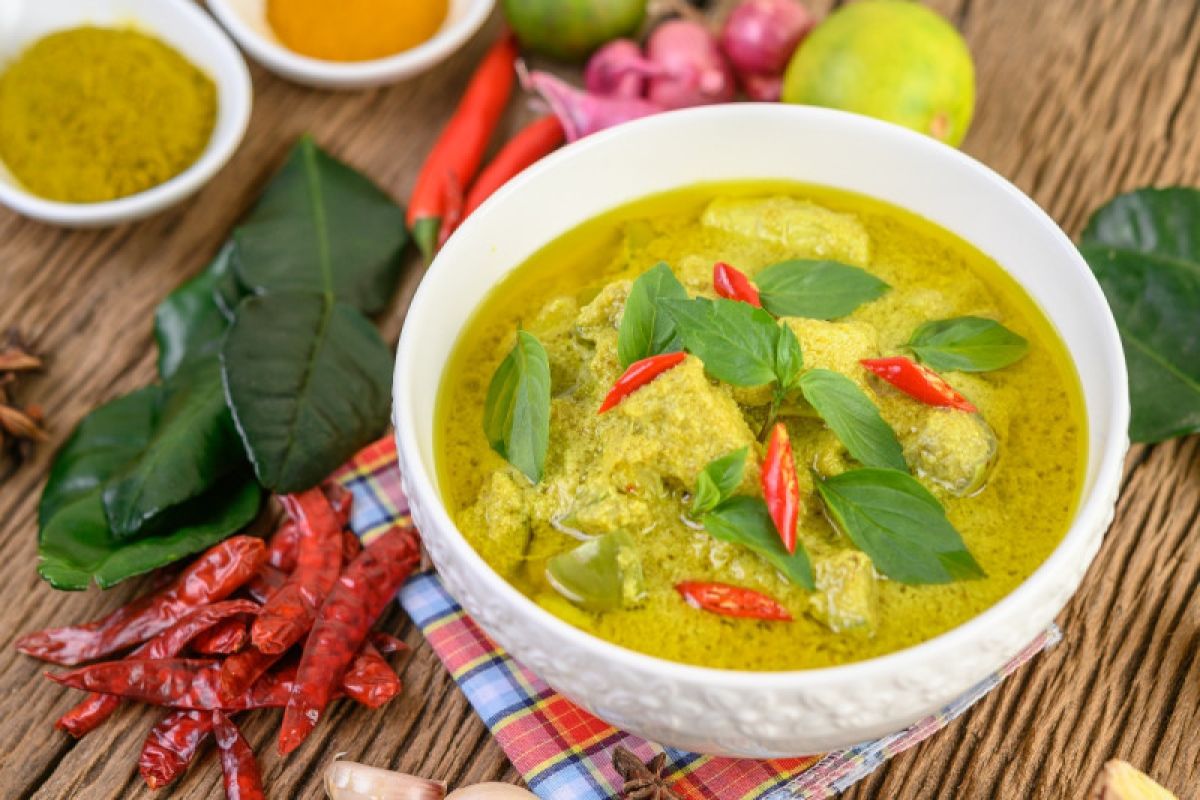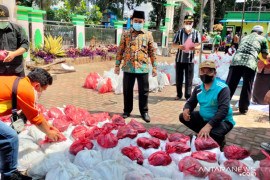"This is one of our challenges during the holidays, calorie intake is higher than the needs because the food is delicious. May or may not (excessive calorie consumption), the answer is according to the calorie needs," Wafa said during an online discussion, which was followed from here on Saturday.
He explained that individuals who do not have diabetes have a body mechanism that can control calories by producing insulin. However, diabetics cannot produce enough insulin to control calories, triggering an increase in blood sugar levels.
If diabetics find it difficult to control their food intake during Eid, it can be handled by increasing the dose of drugs or insulin, Wafa said.
"For example, people who take drugs need to increase their dose. If you eat more than usual, the dose can be increased so that the blood sugar is not too high," he expounded.
Related news: Diabetics can still fast by arranging medicine intake time: Ministry
Wafa advised consulting a doctor first before adjusting the dose of drugs so that it remains in accordance with the needs.
"We recommend diabetic patients to consult with their doctor so that the drug adjustment can be right. Every patient has a different need when adjusting the dose and the consumption time," he explained.
However, Wafa still recommended controlling food intake during Eid because an increase in blood sugar can be harmful to health.
"High blood sugar can cause complications such as hyperglycemia; for example, (if) it (blood sugar) is above 300 mg/dl, and if dehydration occurs, this can lead to emergencies," he said.
Related news: Ministry introduces kimpul as diabetic-friendly substitute for rice
Translator: Farhan N, Kenzu
Editor: Yuni Arisandy Sinaga
Copyright © ANTARA 2024












